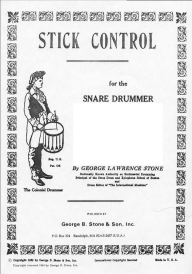Chris Whitten
Platinum Member
I ran a recording masterclass with multiple drummers. They were all given the sings a few days in advance (to prepare). Not one turned up with any notation, not even a cheat sheet of any kind.Sorry. Never met or played with a guitar player that didn't intrinsically know 4 bars or 8 or 12 or 16.
The outro was 16 bars with a stop at the end. When each drummer recorded the song, 9 out of 10 drummers just kept playing, they din't stop after 16 bars.
To me that is unprofessional. You didn't prepare, you didn't even count the bars at the end.
Being able to read, even very simple cheat sheets, gives you an edge over people who can do neither. Why wouldn't you want to be better than the next drummer?


